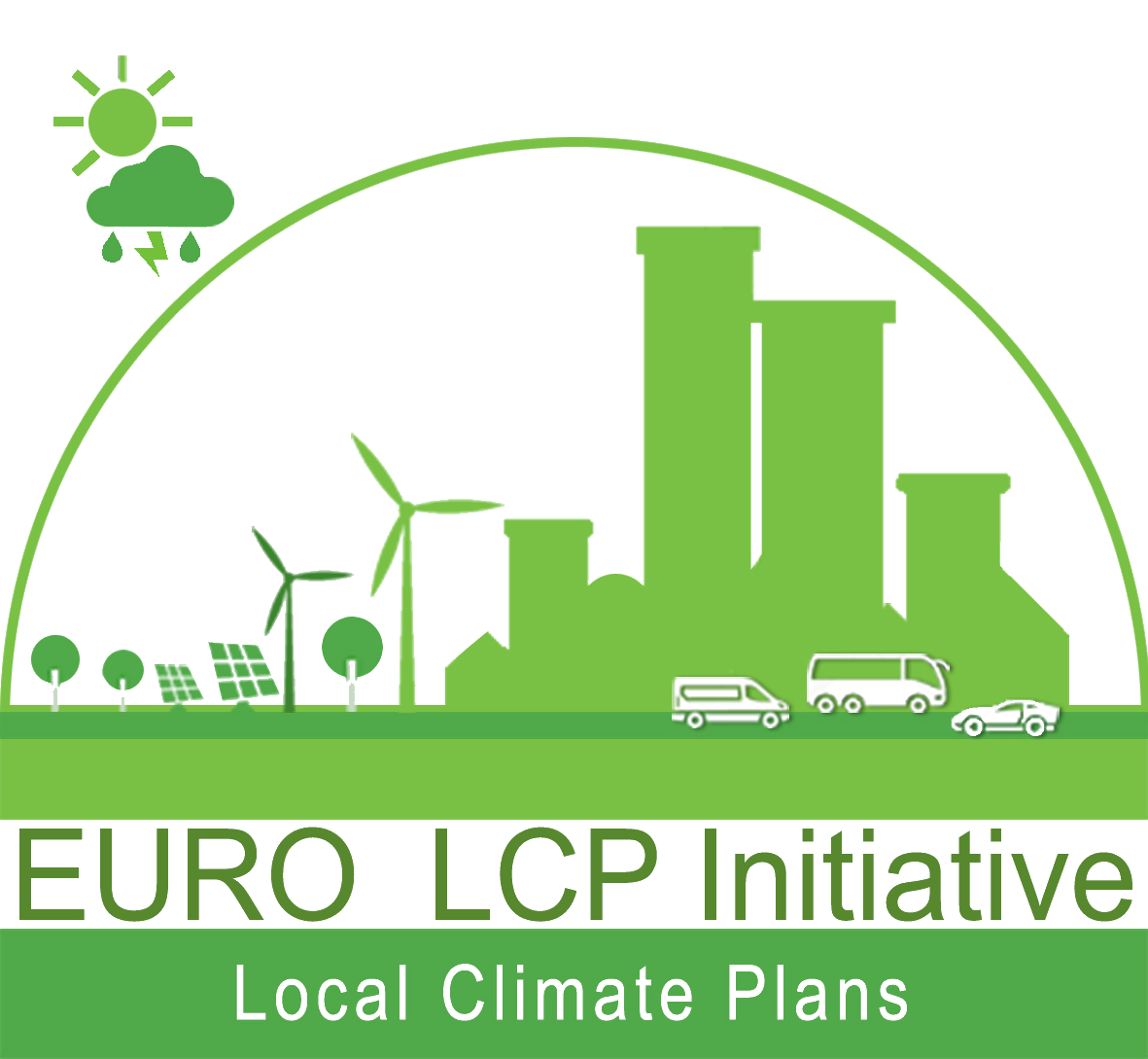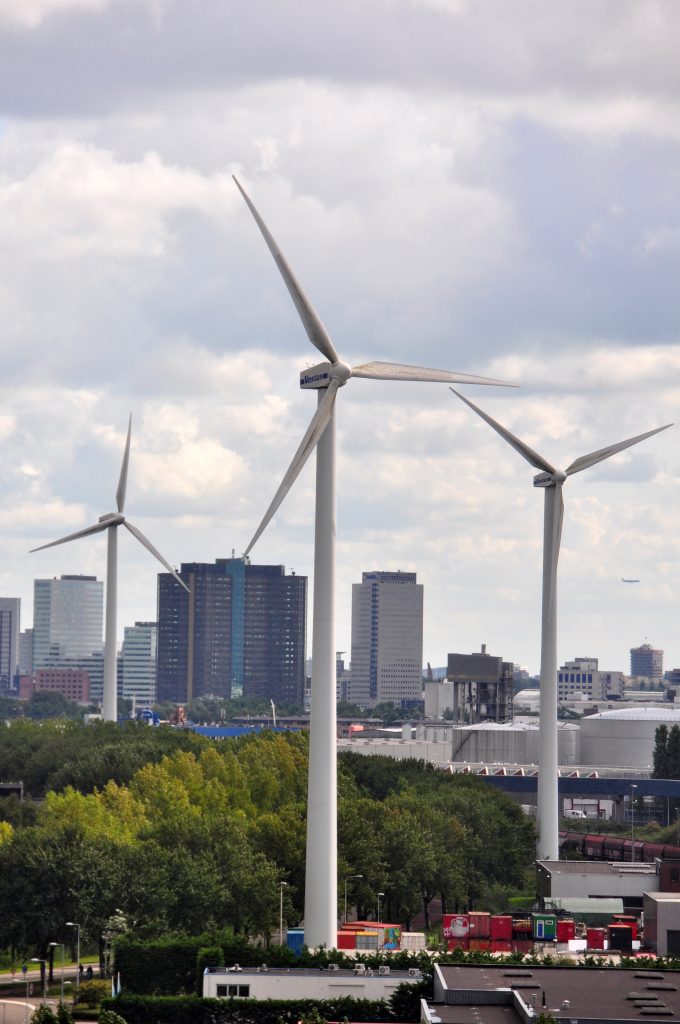Assessing the state of local climate planning in European cities
How are European cities preparing for climate change?
About
- The EURO-LCP Initiative assesses the state of local climate planning in Europe since 2013, conducting regular updates of local climate plans, their types and content, and investigating potential relationships to national, regional and other local policies and characteristics, such as size of a city, economic power, location within Europe, relative risk, planning culture, and others.
- It is the objective of the EURO-LCP Initiative to study the state, quality, adequacy, progress, and effectiveness of local climate planning and to communicate related findings to a wider audience, including scholars, policy makers and practitioners, with the goal to advance the implementation of climate actions and minimize maladaptation and malmitigation for wider urban resiliency and sustainability in Europe.
- We do that as a group of environmental and social scientists living and working in all countries of the EU-28 concerned with or working on climate change issues.
Climate change is a global phenomenon that is affecting all people. Climate change is connected to cities in particular ways, mainly because globally most people live in cities (UN, 2018). Just by the amount of people living in urban areas, cities are majorly affected by climate change demanding wide-spread adaptation and decisive actors for mitigation concentrating on, e.g., the potentials laying in the urban energy, building, and transportation sectors (IPCC, 2018).
The C40 Leadership network aptly notes: “cities are as vulnerable as they are powerful“, making cities and urban areas crucial actors in climate change mitigation and adaptation.
Cities are at the forefront of planning, implementing, and monitoring mitigation and adaptation, globally. For example, in the C40 network 70% of the world’s megacities are already dealing with the effects of climate change. Our research shows that also many smaller cities are actively planning for mitigation and adaptation, e.g. in Europe.
Europe is one of the most urbanized regions of the world (74% of its population living in urban areas in 2018) (UN, 2018)—and, actively planning for climate change. According to our research nearly half of all the European large and medium-sized cities (48% of 885 cities) have a local climate mitigation or adaptation plan (Reckien et al., 2018). Most of the cities with a climate plan (45% of 885 cities) developed a mitigation plan, i.e. a plan or policy that lays out how the city envisages to reduce greenhouse gases emissions. Only one third of
the European cities have a plan or policy how to adapt to projected climatic changes (25% of 885 cities). Some of these plans and policies address adaptation and mitigation jointly (16% of 885 cities)-which allows to account for trade-offs, seek synergies and avoid conflicts. However, we also see that the ambition of cities that plan for mitigation would need to be doubled to comply with the Paris Agreement (Salvia et al., 2021).
Many other research findings can be found under HIGHLIGHTS. Many show that European cities are not well equipped to meet the challenges of projected climate change, leading to questions such as: How can European cities engage in climate planning? How can climate planning be more effective, adequate, ambitious, integrated? Which sectors are efficiently addressed and which are neglected, missing to contribute to climate preparedness? How can account for trade-off, respect outcomes on different social groups? How can planning and policy monitor and learn from previous local plans and their implementation? Is there a blueprint of local climate planning, potentially for different European regions, and a level of quality suggesting a high degree of effectiveness, success, and sustainability?
These and many other questions are driving the collective ambition and motivation of our team.
If you are also passionate about these questions: get in touch.



